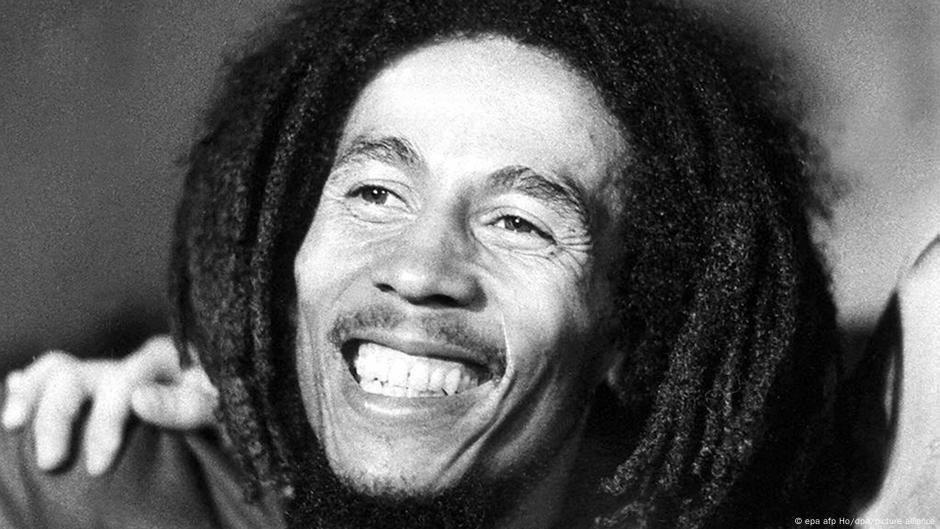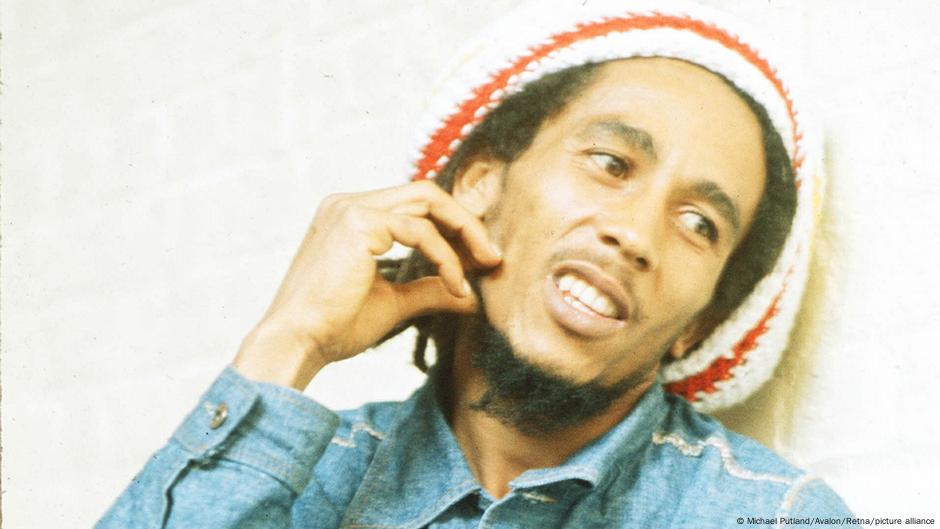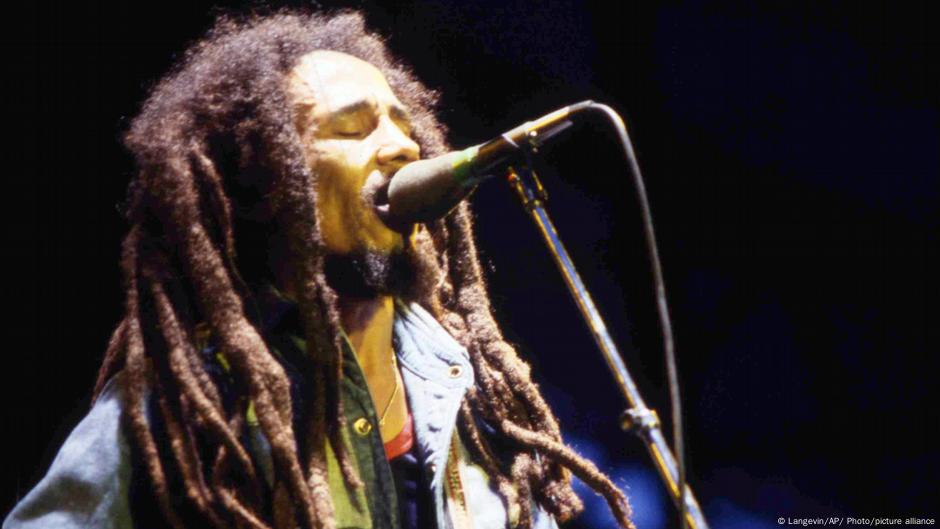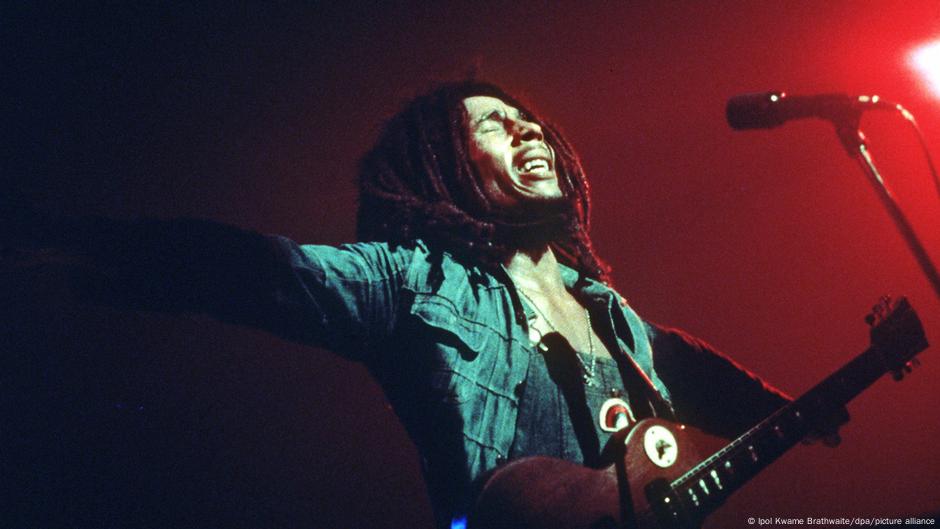Featured
- Get link
- X
- Other Apps
Why Bob Marley Endures as the Ultimate Human Rights Icon
Bob Marley brought global attention to reggae. Today, the genre’s themes of harmony are more significant than ever before.

In June 1980, when Bob Marley performed before an enthusiastic crowd of 8,000 at the Cologne sports arena, he was battling the cancer that ultimately claimed him. Despite his health challenges, he retained his magnetic appeal, enchanting listeners as he delivered powerful renditions of "Redemption Song" along with some beloved hits.
Less than a year later, on May 11, 1981, Bob Marley passed away due to issues stemming from his health problems. melanoma He would be celebrating his 80th birthday on February 6, 2025.
Marley introduced reggae and its teachings to global audiences. His influence was such that he played a significant role in making the genre so renowned it was included in UNESCO's list of intangible cultural heritage. Cultural Heritage .
Indeed, Marley's songs will probably be playing in reggae Pubs seem to be found in nearly every part of the globe even today. The enduring influence of the cherished Jamaican vocalist was likewise honored during these events. 2024 movie "Bob Marley: One Love," based on his life.

The political and spiritual messages of his songs are just as pertinent in light of the social turmoils of today.
A follower of Rastafari
Reggae has undoubtedly been shaped by Rastafari , the religious and political ideology that Bob Marley started exploring at age 22. This movement was comparatively new religion developed in Jamaica when Haile Selassie I was crowned Emperor of Ethiopia on November 2, 1930. A few years earlier, Jamaican activist Marcus Garvey had predicted the coronation of a powerful black king in Africa who would bring black liberation.
The Rastafari movement takes its name from Selassie's original name, Ras Tafari Makonnen. "Ras" means "prince" in Amharic, which is spoken in Ethiopia. Most believers saw Selassie as the second coming of Jesus Christ . Much of the Rastafarian faith is based on the Bible. Referencing the New Testament book of Revelation, Rastafarians await their return to Zion, the symbolic name for Africa used in the Bible. Tenets of the religion include living a life as close to nature as possible, and espousing the principles of love and peace, justice, unity and equality.
Rastafari opposes all forms of political, cultural and religious subjugation of people and is a worldwide movement with followers of all races. Today, an estimated 700,000 to one million people practice the religion.
Despite common misconceptions, smoking marijuana is not inherently a tenet of the Rastafarian faith, even though numerous adherents use it as a means to enhance awareness.
Bob Marley: The ambassador of reggae

Bob Marley, hailed as the first global icon hailing from one of the world’s lesser-developed nations, propelled reggae—a genre associated with Rastafarian culture—into worldwide prominence.
Reggae emerged in Jamaica during the 1960s. This genre’s emphasis on social justice and connections to Rastafarian spirituality echoed similar sentiments found in various global folk traditions of the era, including American folk rock. Drawing inspiration from earlier musical styles such as mento, ska, soul, and rocksteady, reggae developed into a distinctive sound.
Actually, when Bob Marley and the Wailers When they came together in 1963, they first played ska and dancehall music. However, they later shifted their focus to reggae, and in 1973, they launched their global release of the album "Catch a Fire."
The upbeat rhythm guitar and entrancing basslines proved perfect for conveying uplifting messages of peace and love. Eric Clapton In 1974, when Bob Marley and the Wailers covered "I Shot the Sheriff," they were thrust into the global limelight.

Songs of resistance
Bob Marley’s music frequently explores Rastafarian beliefs, yet his verses often highlight the daily battles faced by marginalized communities and delve into themes of historical enslavement and unfair treatment. Consequently, numerous tracks of his have come to symbolize defiance and the struggle against tyranny worldwide.
After visiting Haiti, where he witnessed the impoverished state of the locals, Bob Marley wrote 'Get Up, Stand Up.' Duvalier In the period from 1957 to 1986, during a dictatorship, the song encourages individuals to stand up for their rights and rely on their own decisions. "Get Up, Stand Up" serves as an informal rallying cry for the organization Amnesty International.
In his 1979 track titled "Zimbabwe," Marley urges Africans to free the nation from British colonial control. He performed this song during Zimbabwe’s independence festivities in 1980, where it was adopted as the country's de facto national anthem.
Marley's legacy: 'Redemption Song'

One of Bob Marley's most-famous tracks, "Redemption Song," was a drastic stylistic departure from many of his previous tunes, leading many to wonder if he knew it would be the last song he released before his death — a kind of farewell message to the world. In it, he quotes the Rasta prophet Marcus Garvey, who said in a speech in 1937: "Emancipate yourself from mental slavery, none but ourselves can free our mind."
Moreover, Marley and his enduring influence persistently offer inspiration to individuals across the globe.
This is a revised edition of the article that was initially published in German in February 2024.
Author: Silke Wünsch
- Get link
- X
- Other Apps
Popular Posts
ABC Apologizes After Claudia Long Fabricates False Claims About Two High-Profile Politicians
- Get link
- X
- Other Apps
Oyetola Names Adeniran Aderogba New President/CEO of RMDB – Exclusive International Update
- Get link
- X
- Other Apps
Comments
Post a Comment